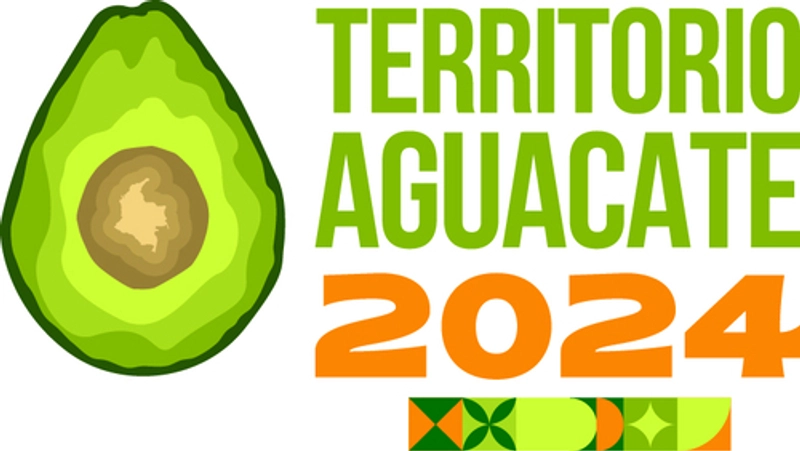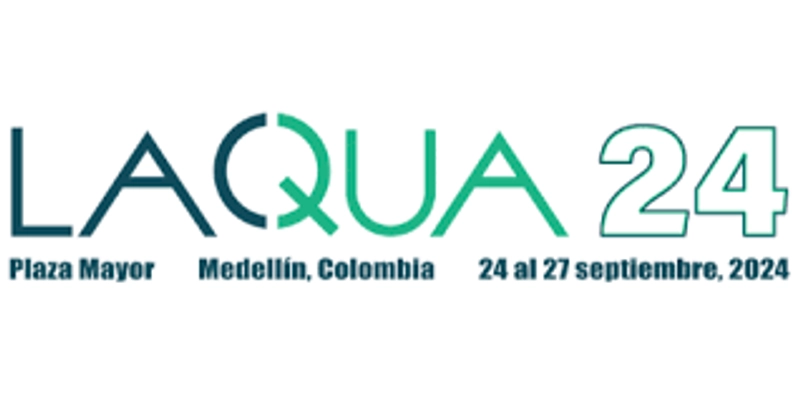Agricultural Machinery Events in Medellín


Avocado Territory
The Latin American Avocado Hub, known as Territorio Aguacate, stands as the premier commercial, networking, and knowledge-sharing event for the Hass avocado industry in Colombia and throughout Latin America. This dynamic event brings together key players in the avocado agro-industry, from producers and exporters to researchers and innovators, all with a shared goal: to propel the avocado sector to new heights. At the heart of this gathering is a commitment to embracing innovation, fostering research, and exploring new horizons in avocado cultivation, processing, and distribution.
Territorio Aguacate serves as a unique platform where the latest technological advancements and industry trends are showcased, offering participants an opportunity to discover cutting-edge solutions that improve productivity, efficiency, and sustainability in avocado farming. Whether it’s new farming techniques, smarter processing methods, or state-of-the-art packaging and distribution innovations, the event highlights developments that are shaping the future of the avocado industry.
One of the key features of Territorio Aguacate is its role in facilitating meaningful connections. By bringing together stakeholders from across the avocado value chain, the event ensures that participants can engage in valuable networking opportunities, forge new business relationships, and stay ahead of emerging trends and market demands. It is a space where industry leaders exchange ideas, share experiences, and discuss best practices, further strengthening the bonds within the avocado community.
As the avocado industry continues to expand globally, events like Territorio Aguacate play a crucial role in ensuring that Latin America, particularly Colombia, remains at the forefront of this growth. The event not only highlights the economic importance of avocados to the region but also supports sustainability initiatives that are increasingly vital in today’s agricultural landscape. By fostering collaboration, promoting research, and showcasing technological innovations, Territorio Aguacate is helping to build a more sustainable, efficient, and competitive avocado industry that benefits all stakeholders involved.


Latin America and Caribbean Aquaculture
In the vibrant world of aquaculture, Colombia has emerged as a notable player, thanks to its rich hydroclimatic diversity and geographical advantages. This South American nation, straddling both warm and cold water environments, has cultivated a thriving aquaculture industry that boasts impressive growth and a broad range of species production.
Colombia's diverse aquatic landscape offers ideal conditions for cultivating both freshwater and marine species, though the latter remains an area ripe for development. Among the country's aquaculture successes are the red and Nilotic tilapia, cachama, rainbow trout, and various native species. This diversity is not just a testament to Colombia’s unique ecological conditions but also to its strategic advancements in aquaculture practices.
Over recent years, Colombia has experienced a remarkable growth rate in its aquaculture sector, averaging close to 10% annually. By 2022, the country’s production had reached approximately 204,000 tons, underscoring the sector's expansion and the increasing global demand for Colombian aquatic products. This growth is driven by several key factors: improvements in production techniques, genetic enhancements, innovations in farming systems, optimization of cultivation conditions, and rigorous implementation of biosafety and quality control measures.
The significance of aquaculture in Colombia extends beyond economic contributions. With around 36,000 producers spread across 31 of the country's 32 departments, aquaculture is a crucial component of the agricultural sector. It not only generates valuable foreign exchange but also plays a pivotal role in ensuring food security, especially for small-scale producers in remote regions. This sector supports local economies, provides employment opportunities, and contributes to improved livelihoods.
In regions where aquaculture has become more vertically integrated, the industry has achieved significant milestones. These areas have established certified production plants that meet international quality standards, enabling the export of Colombian aquatic products. Such advancements have created formal jobs, elevated living standards, and bolstered the country's reputation in the global market.
The upcoming Latin America and Caribbean Aquaculture conference will be a landmark event for the industry, reflecting the sector's growing importance and potential. Held in three languages to accommodate a diverse audience, the conference will cover all major aquatic species cultivated in Colombia and other LACC countries. It will offer a special focus on tilapia, trout, shrimp, and marine species, providing a comprehensive overview of current practices, innovations, and future prospects in the region.
As Colombia continues to refine its aquaculture practices and expand its production capabilities, the conference will serve as a vital platform for knowledge exchange, industry networking, and strategic development. It highlights the country's evolving role as a significant player in the global aquaculture arena, celebrating its achievements and looking ahead to future opportunities.
In summary, the Latin America and Caribbean Aquaculture conference promises to be an insightful event, showcasing Colombia's dynamic aquaculture industry and its contributions to both local and global markets. For stakeholders and enthusiasts alike, it represents an opportunity to engage with the latest advancements, share experiences, and explore the future of aquatic farming in one of the region's most promising sectors.